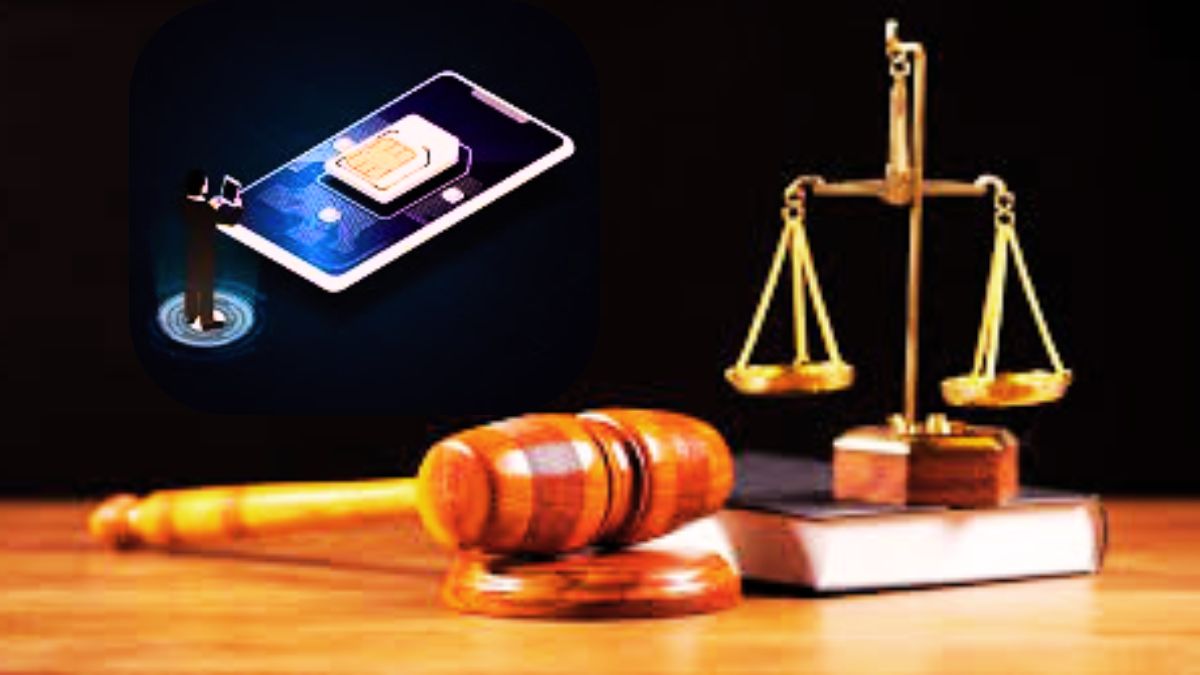Tech
SIM Re-registration: Stats Don’t Add Up, Court Scrutinizes

The chief judge, Rehana Mungly-Gulbul, examined yesterday, April 1st, the constitutional complaint of lawyer Pazhany Rangasamy.
The state and mobile operators, the defendants in this case, submitted a list of questions to clarify disputed aspects of the complaint, leading to exchanges of documents that will continue every Monday until April 22, the date by which the case must be ready to be heard. The court hopes to set a date before April 30.
The controversy extends beyond the legal framework to the public information provided by the Information and Communication Technologies Authority (ICTA) regarding the number of people who have already re-registered their SIM cards, with the numbers not matching up.
Conflicting figures have been reported, ranging from 600,000 according to a newspaper on Thursday, to 800,000 according to billboards, and finally 900,000 according to a radio statement from the ICTA last weekend.
We also sought to obtain the official figures from the ICTA. An official indicated that the numbers are constantly evolving and that we will receive a response today.
However, this disparity in data raises concerns about the accuracy of the regulatory authority’s reports and calls into question the transparency of the process.
The issue becomes even more complicated when considering individuals who possess multiple SIM cards registered in their name.
The method of compiling these figures by the ICTA is therefore being questioned as it could skew the representation of the actual number of SIM cards re-registered.
As the April 30 deadline for re-registration approaches, the urgency of clarifying these ambiguities becomes pressing in light of an expected judgment from the Supreme Court on a request to freeze current regulations.
The push to re-register SIM cards intensifies, despite increasing questions about the procedures surrounding this operation, particularly regarding the storage of personal data.
The stakes are high, as it affects over 2.3 million subscribers.
If over half of them do not comply with the new regulations by April 30, will the telecom operators be forced to deactivate over a million SIM cards? How will this be carried out? Will the deadline be extended to give subscribers more time for re-registration?
The outcome of the ongoing case and decisions from the Supreme Court are eagerly awaited as they could set new parameters for technology governance and privacy protection in the country.
In their request for clarifications, the state and telecommunication operators raised concerns about the coercive nature of the new regulations and how information will be accessed and monitored.
This move, seen as a government control tool, also raises questions about the constitutional rights of lawyers, particularly the confidentiality of their clients’ sensitive information and contacts.
On the other hand, the ICTA wants to understand the impact of these regulations on the constitutional rights of lawyers and how personal data could be accessed by third parties.
Mauritius Telecom, in its questions, focuses on the security and reliability of storing subscribers’ information and wants to know how the protection of users’ personal data will be ensured and reliable.
After this session, Mr. Rangasamy emphasized that this fight was not personal, but concerned all Mauritians.
He also highlighted the fact that the drug inquiry commission had never recommended the re-registration of SIM cards.
Source: l’Express











